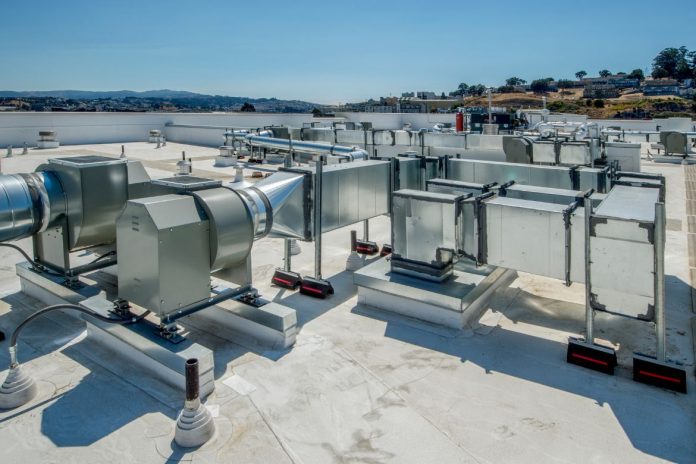When investing in a new heating and cooling system, it’s easy to focus on upfront costs and overlook the long-term consequences of poor installation. Whether you’re upgrading your current setup or installing ducted split systems in Melbourne for the first time, a bad HVAC installation can end up costing you far more than you bargained for. Understanding these pitfalls and how to avoid them can save you thousands and ensure your home remains comfortable year-round. Here are some of the top hidden costs you should be aware of.
Reduced Energy Efficiency
One of the most immediate and ongoing costs of a poorly installed HVAC system is reduced energy efficiency. HVAC systems such as ducted split systems in Melbourne are designed to provide optimal climate control, but when installed incorrectly, they often have to work harder to maintain the desired temperature. This inefficiency not only puts strain on the system, but also leads to significantly higher electricity bills. Common installation errors such as incorrect duct sizing or poor sealing can cause conditioned air to leak, forcing the unit to run longer and use more energy.
Increased Wear & Tear
A subpar installation can cause components of your HVAC system to wear out faster than they should. Misaligned ductwork, improper refrigerant levels or poorly placed units can lead to mechanical stress and system imbalance. Over time, this results in frequent breakdowns and costly repairs. In worst-case scenarios, you might even face a complete system replacement years before expected, turning what should be a long-term investment into a recurring expense.
Compromised Indoor Air Quality
children, the elderly or those with asthma or allergies. Ensuring your system is installed correctly will help keep your indoor environment healthy and safe.
An improper HVAC installation can allow dust, allergens and even mould to circulate throughout your home. Poorly sealed ducts or inadequate filtration can lead to respiratory issues, especially for
The Hidden Costs of a Bad HVAC Installation & How to Avoid Them
In Melbourne, HVAC installations must comply with local building codes and energy efficiency standards. A bad installation may not meet these requirements, potentially leading to fines, complications with home insurance or difficulties when selling your property. Working with licensed professionals will ensure that your installation is up to code, protecting your long-term investment.
How to Avoid a Bad HVAC Installation
The best way to avoid these hidden costs is to choose a reputable HVAC installer with experience in ducted split systems in Melbourne as well as other systems. Look for technicians who are licensed, insured and certified by industry bodies. Don’t be swayed by the cheapest quote, as quality workmanship always pays off in the long run. Ask for references, read reviews and ensure the installer conducts a thorough assessment of your home before recommending a system.
Conclusion
A well-installed HVAC system is an investment in your comfort, health and home value. Avoiding the pitfalls of poor installation will help you get the most out of your HVAC system and keep your Melbourne home running smoothly for years to com








